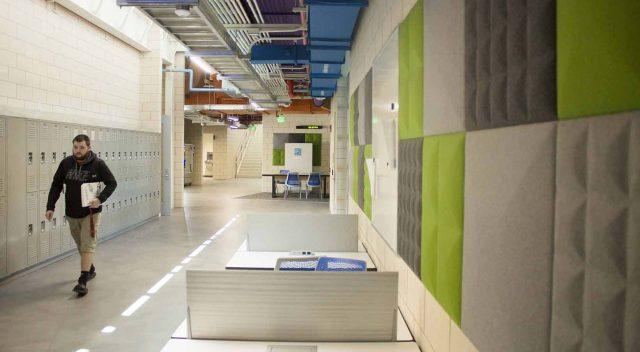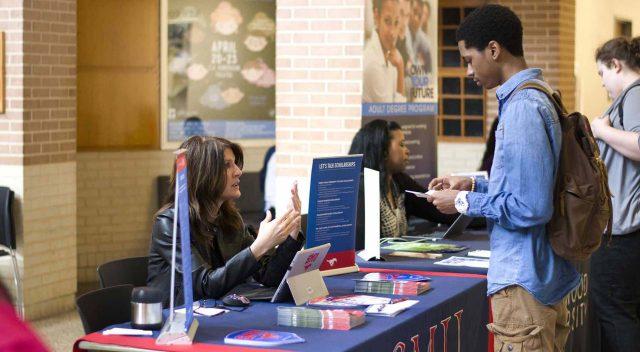By Jamil Oakford/ editor-in-chief
High school graduates often feel society wants them to immediately grow up overnight. They can go from having no freedom or choice over what they eat for breakfast, let alone what they will do in the future, to picking a career path and making sound decisions that will impact the rest of their lives.
It’s a slightly ridiculous concept, which is why college is such an important time in anyone’s life. It’s the chance to expand horizons and perhaps dabble in a field of study they’ve never been exposed to.
But with the Texas Higher Education Coordinating Board’s new initiative to have 60 percent of Texans obtaining a postsecondary degree by 2030, that time for degree and self-exploration may be abruptly cut short.
This goal isn’t uncalled for nor is it an awful idea to impress upon college students. But it puts a lot of pressure on colleges to get students to complete degree programs and graduate. The board’s goal mixed with the very real pressure of a higher education institution’s state funding depending solely on completion rates is forcing colleges to do whatever it takes to get students to finish as quickly as they can.
In the fall, TCC will implement a very useful and beneficial online program that offers students a clear visual of their degree plans and their progress toward completion. It’s a beneficial tool for students who are set in their majors and are confident about their fields of study.
This will help students complete faster as it clearly lays out the courses that fall under a chosen major. However, it doesn’t speed up the process for those who can’t be full-time or even part-time students. It also doesn’t address those who are still unsure of what they want to study.
TCC also offers a career assessment based off questions that identify one’s personality and what major fits it. This can be a good tool, but that seems, in some cases, about as reliable as picking a major based on whether someone’s a Scorpio or Capricorn.
We’ve got ages to speed things up and go a hundred miles an hour toward our future. This should be a time when we can make clear, thought-out decisions on what our futures will be.

























